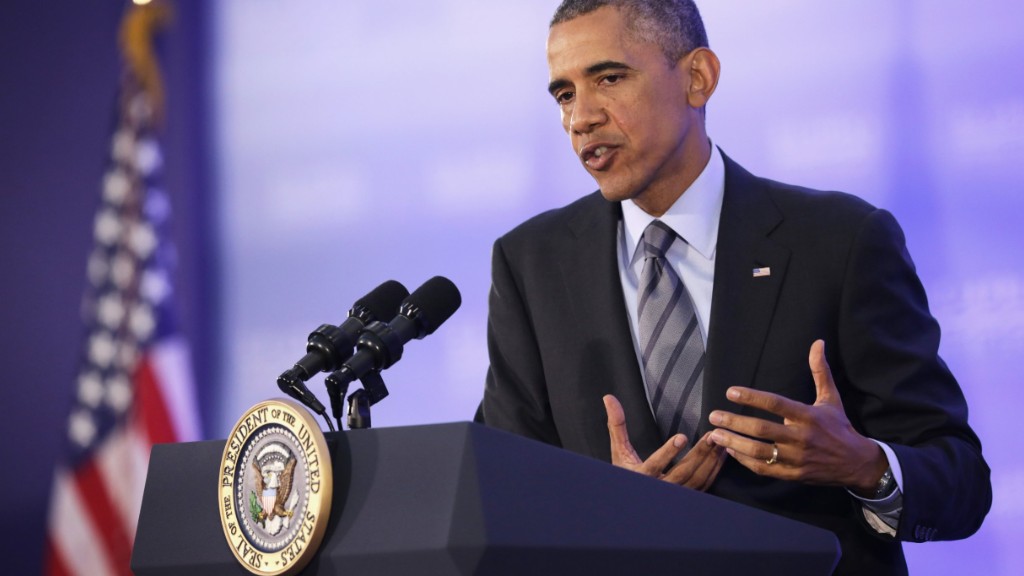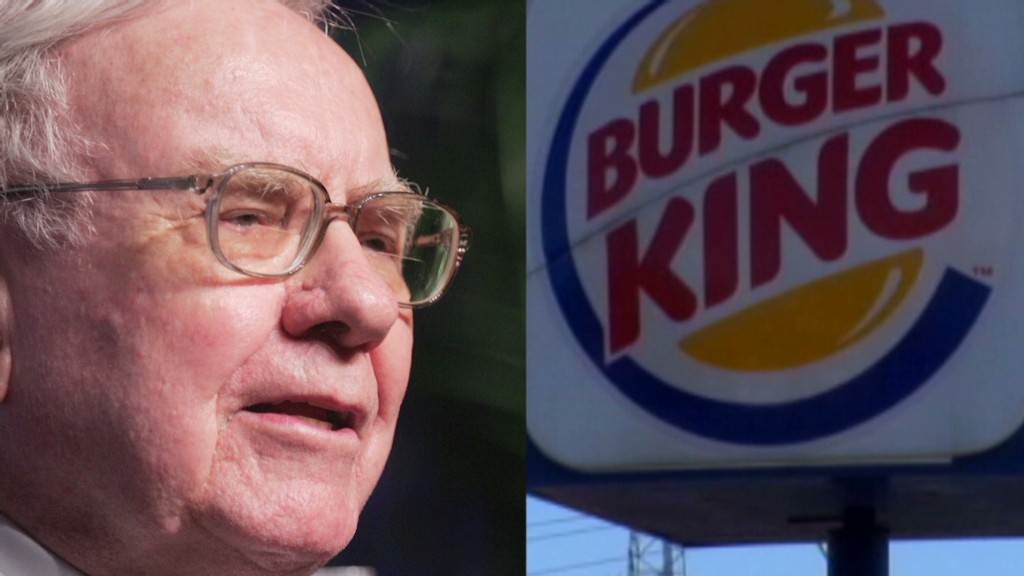
The U.S. Treasury Department on Monday announced what it called its "first, targeted steps" to make it harder for U.S. companies to reduce their tax bills by merging with foreign firms and moving abroad.
The process, known as inversion, has been all the rage in the corporate world this year.
The Obama administration, while urging Congress to act, had been threatening for months to crack down on inversions.
What Treasury did on Monday was issue tax guidance that will govern any inversion completed from today forward. It also imposed at least one new restriction that will affect companies that have recently inverted.
"These first, targeted steps make substantial progress in constraining the creative techniques used to avoid U.S. taxes," Treasury Secretary Jack Lew said.
The changes Treasury announced will make it harder for a U.S. company seeking inversion to escape paying U.S. tax on foreign earnings they have already made. For instance:
No more playing 'hopscotch': Companies only have to pay U.S. tax on their foreign earnings when they bring them back to the United States.
But inverted companies can get around this rule by having a foreign subsidiary it controls make a "hopscotch" loan to the new foreign parent instead of to the U.S. company.
Treasury will now consider such loans as "U.S. property" in many instances and treat the money as a taxable dividend.

In addition, the new rules will make it harder to check all the boxes necessary to complete a successful inversion in the first place. Two examples:
No more slimming down the U.S. company: In order to successfully invert, the U.S. partner must own less than 80% of the merged company. Treasury's new rules will make it a little harder to stay under that threshold.
Here's how: Sometimes U.S. companies will pay out large dividends just before inverting. That essentially shrinks their size.
Under the new rules, however, such pre-deal dividend payouts won't be counted for the purposes of the ownership requirement.
And no more fattening up the foreign partner: Likewise, the foreign partner's size may be increased by the inclusion of its "passive assets" -- money that isn't used for business operations, such as securities the firm owns.
From today on, though, Treasury will disregard those passive assets when tallying the size of the foreign partner (in cases when the passive assets make up at least half of the company's total assets).
One exemption: This revised rule will not apply to banks and financial service companies.
Is there more to come from Treasury? Overall, Monday's rule changes are aimed at stopping companies from using inversions to reduce taxes on foreign earnings they have already made.
But inverted companies can also cut their tax bills on future earnings through "earnings stripping," noted Steven Rosenthal, a senior fellow at the Urban-Brookings Tax Policy Center.
Earnings stripping can work like this: The foreign parent makes a large loan to the U.S. subsidiary. The interest on that loan is deductible, and those deductions can largely offset -- and even wipe out -- the taxes the company owes Uncle Sam.
Treasury officials have indicated they may target that technique in later rule changes.
Congress not expected to act: The push to curb inversions has been driven primarily by Democrats ahead of the midterm elections. President Obama and others have suggested that a U.S. company that moves its domicile abroad primarily for tax purposes is "unpatriotic."
Some high-ranking Democrats, such as Senators Charles Schumer and Carl Levin, have introduced legislation to curb inversions.
But few analysts think Congress will enact those measures this year.
And no one expects Congress to embark on comprehensive business tax reform before next year at the earliest.
7 things you absolutely must know about corporate taxes


